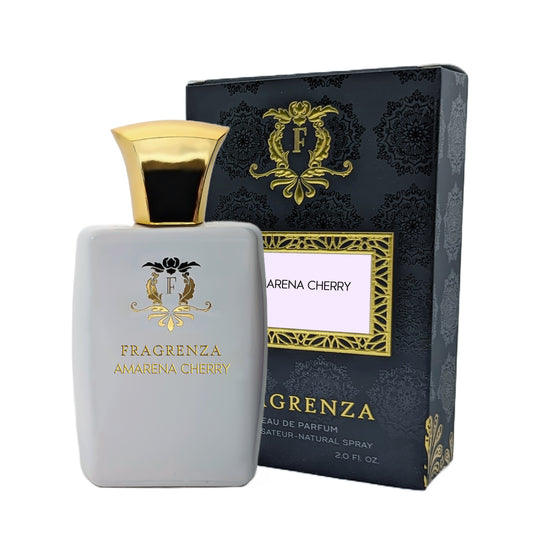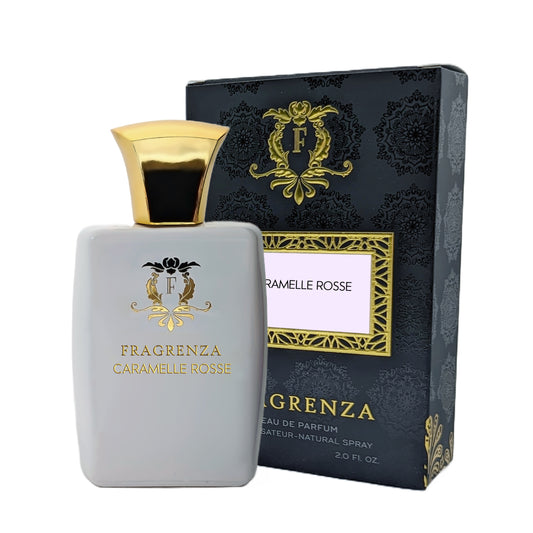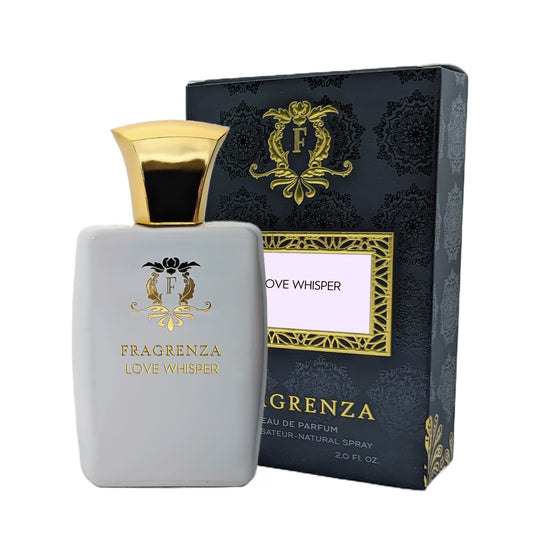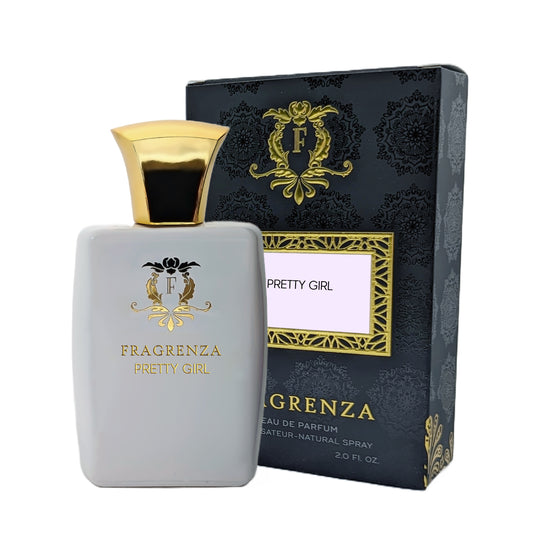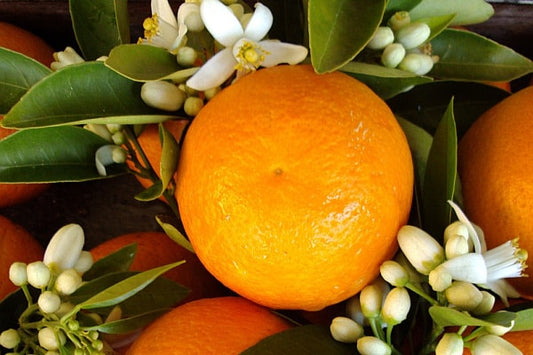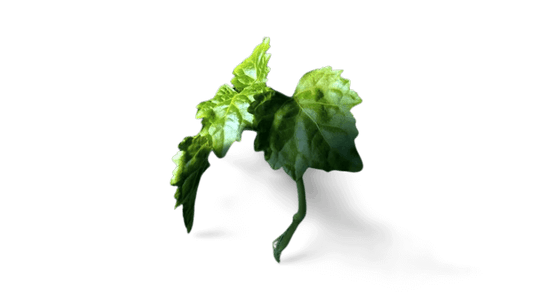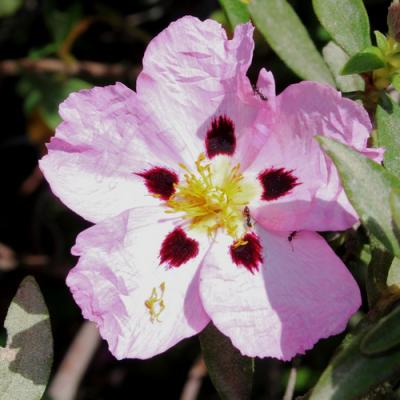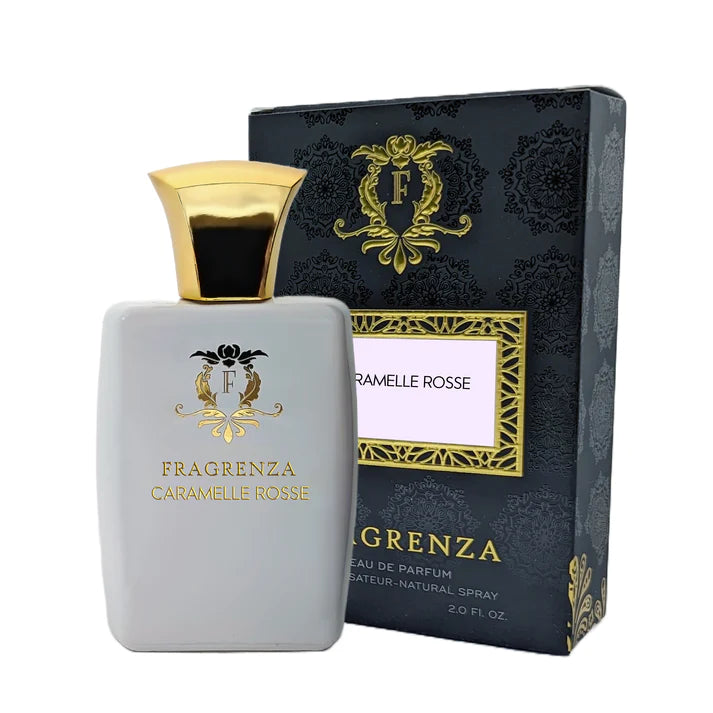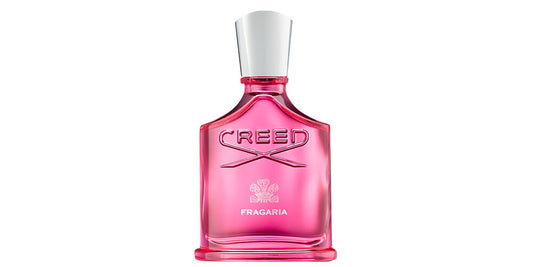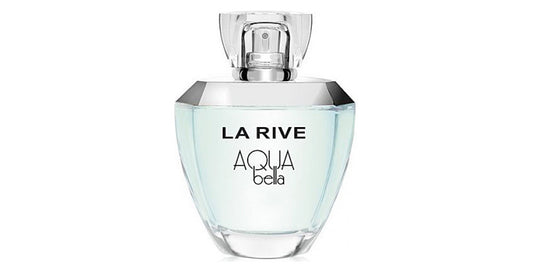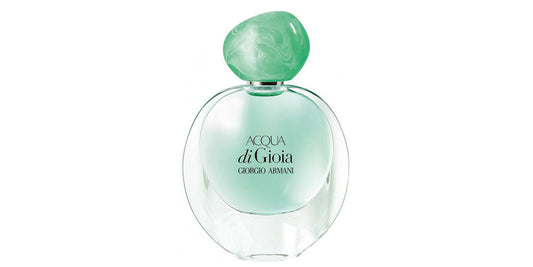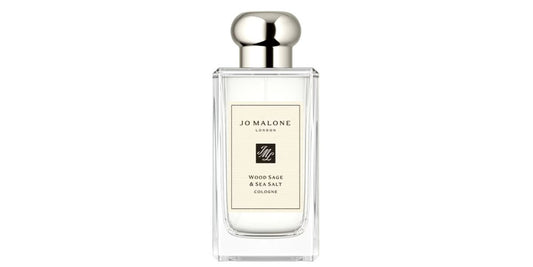Lychee in perfumery
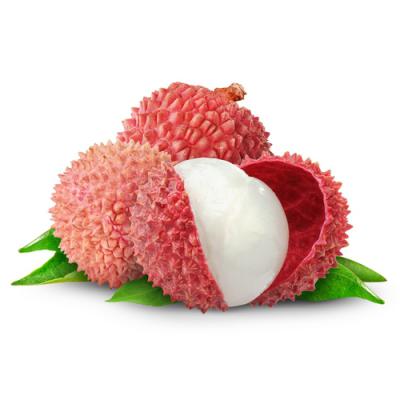
In This Article
Lychee, the Quintessential Exotic Fruit
Lychee, a tropical fruit tree belonging to the Sapindaceae family, produces an edible fruit of the same name. Native to China, its name originates from the Cantonese word 'lai zi'. With a documented history of cultivation spanning over 2100 years, lychee has since been introduced to numerous tropical regions, including India, Vietnam, Madagascar, Thailand, Hawaii, Comoros, Mauritius, Reunion, New Caledonia, and Brazil. Interestingly, lychee was imported to Reunion in 1764 by Pierre Poivre and Joseph François Charpentier, marking its entry into French culture.
This medium-sized tree, which reaches a height of 15 to 20 meters, features a fairly round silhouette. Lychee is renowned for its small spherical fruits, measuring 3 to 4 centimeters in diameter. Each fruit is encased in a leathery, scaly shell, which ranges from pink to red in color—the redder the shell, the riper the fruit. Lychees grow in clusters, and their interiors consist of a fragrant, juicy, white pulpy part rich in vitamin C. At the center lies a brown, oblong seed resembling a small elongated chestnut, which should not be consumed.
Lychee Fragrance Extraction and Its Presence in Perfumes
Lychee's fragrant note is predominantly used in feminine fragrances, often accompanying a floral bouquet to impart a sense of cheerfulness and exoticism. However, like many fruits, it is impossible to directly extract essential oil from its pulp. Consequently, the lychee aroma is recreated in the laboratory, often using cis rose oxide, a naturally occurring molecule in rose and geranium that shares a similar scent.
Presently, lychee is featured in numerous delicate and feminine fragrances, lending them an elegant and joyful aura. It evokes the image of an alluring and seductive woman, as showcased in Burberry Summer and Chloé's Eau de Parfum.
Fun Facts About Lychee in Perfumery
- Lychee has been cultivated in China for over 2100 years, making it one of the oldest documented fruit trees.
- Although it is not possible to extract essential oil directly from lychee, its aroma can be recreated in the laboratory using cis rose oxide, a molecule found naturally in rose and geranium.
- Lychee is a popular note in feminine fragrances, adding an exotic and cheerful touch to floral bouquets.
- Lychee is rich in vitamin C, making it not only a delightful fragrance note but also a nutritious fruit.

